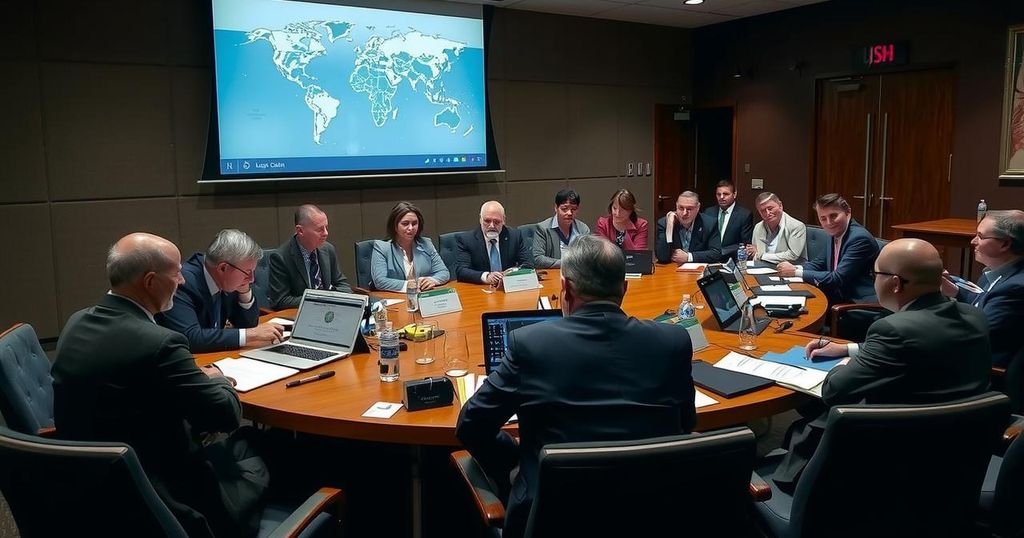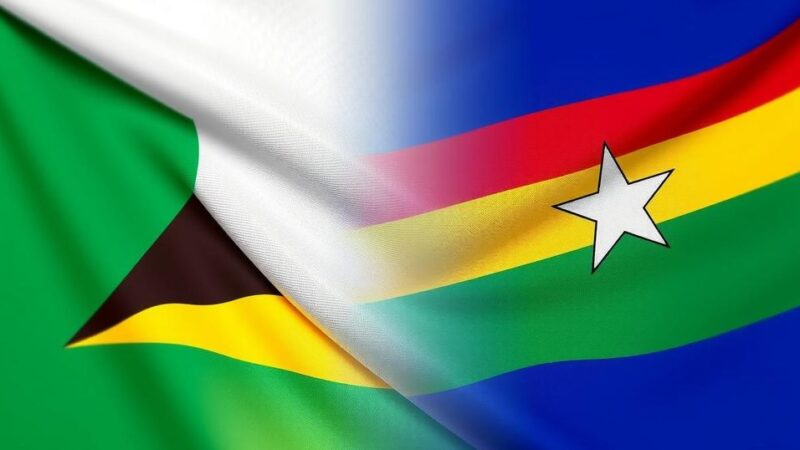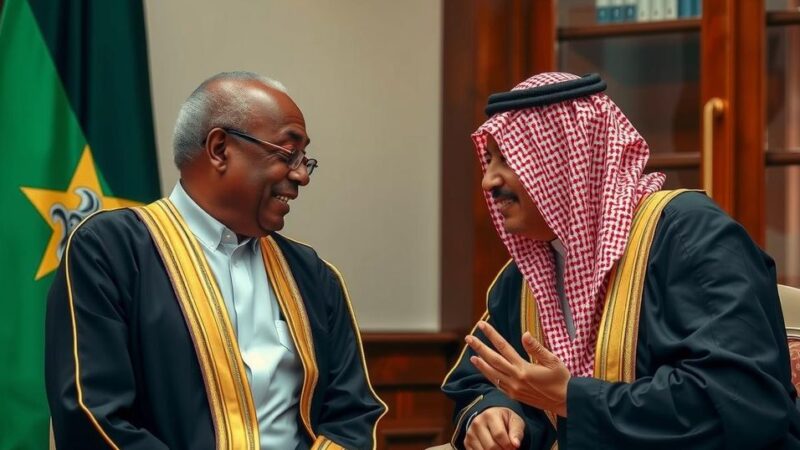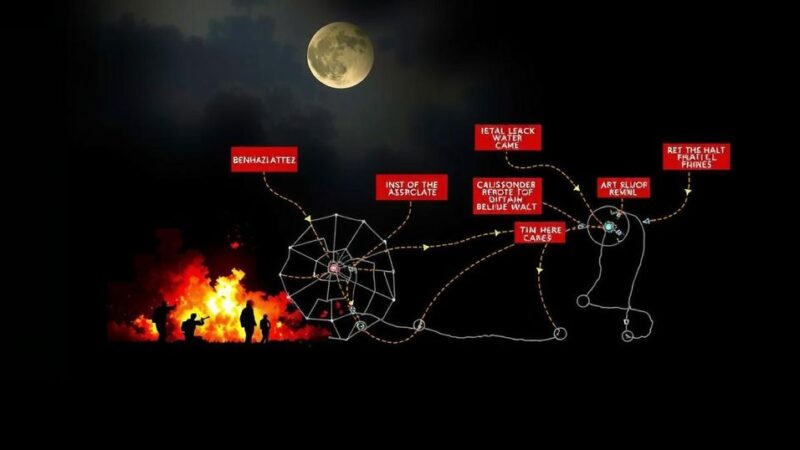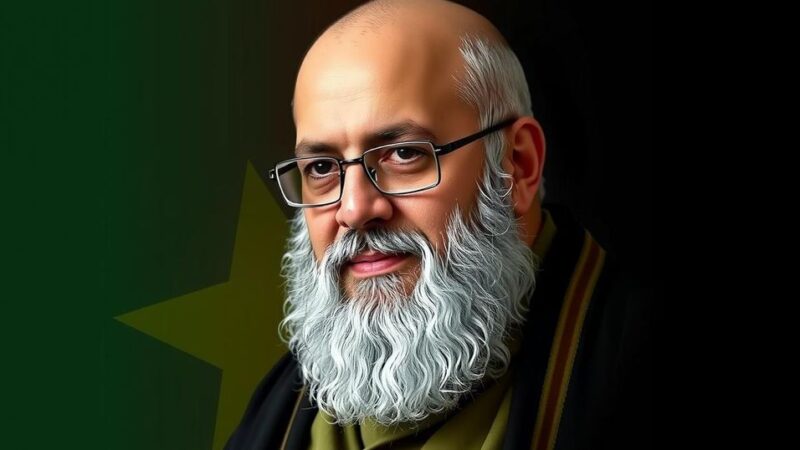Negotiators at the UN climate talks in Baku are facing mounting pressures to finalize a funding agreement for developing nations to combat climate change. A proposed financial framework deemed insufficient has led to walkouts and heightened tensions among delegates. With developing nations demanding USD 1.3 trillion to address climate adaptation, the suggested figures remain far below expectations, highlighting the urgency for a more equitable solution.
The ongoing United Nations climate talks in Baku, Azerbaijan, have intensified efforts to secure funding for developing countries to combat climate change. Negotiators from both affluent and low-income nations have been struggling to reach a consensus, especially after a proposed financial framework was largely rejected by African nations and small island states. Leaders from the Least Developed Countries (LDC) and the Alliance of Small Island States (AOSIS) exited the discussions, expressing dissatisfaction with the current draft’s inadequacy in addressing their financial needs.
The latest proposal suggested an annual allocation of USD 250 billion by 2035, which is significantly below the USD 1.3 trillion experts estimate is necessary to allow developing nations to adapt to climate challenges such as rising sea levels and extreme weather. The rough draft discussed reached USD 300 billion but was deemed insufficient by many negotiators. Developments during the talks have led to increased frustration and urgency, particularly as numerous delegates must return home.
Amid rising discontent, developing nations accused wealthier countries of employing attrition tactics to push through minimal financial aid. Delegates from vulnerable states voiced their grievances, stating that negotiations have largely sidelined their concerns. Key figures, such as Juan Carlos Monterrey Gomez from Panama and Cedric Schuster from Samoa, emphasized the disparity between the proposed funding and developing countries’ actual financial requirements. They articulated that a proposed amount of USD 300 billion is merely inadequate and that any agreement must thoughtfully consider the outlined needs of vulnerable nations.
Furthermore, Irish environment minister Eamon Ryan highlighted the necessity of reaching a more suitable figure alongside innovative financing strategies, including potential carbon markets. As negotiations progress, much remains uncertain, particularly regarding the feasibility of achieving a consensus on financial commitments. Concerns linger regarding potential setbacks on pledged commitments to reduce fossil fuel dependency, with strong criticisms levied against affluent nations. German foreign minister Annalena Baerbock lamented the geopolitical maneuvering by a few fossil fuel states that continues to jeopardize climate goals.
The climate talks under the United Nations are pivotal in addressing global climate change through collaborative international agreements. These negotiations focus on binding commitments from wealthy nations to support developing countries financially as they confront the severe impacts of climate change. The historical context stems from agreements made during the Paris Accords in 2015, where developed nations agreed to provide significant financial aid to developing nations to help mitigate the adverse effects and adapt to environmental changes. This year, the focus is on finalizing a deal that satisfies the diverse perspectives and urgent financial needs of those most affected by climate change, particularly in light of contrasting funding proposals.
In summary, the negotiations at the United Nations climate talks in Baku underscore the significant tensions between developing and developed countries regarding climate financing. With persistent accusations of delays tactics and insufficient funding proposals, there remains a critical need for a financial agreement that effectively addresses the challenges faced by developing nations. As the talks progress, the success of these negotiations hinges on the willingness of wealthy nations to recognize and respond adequately to the financial demands of the most vulnerable states.
Original Source: www.theweek.in
